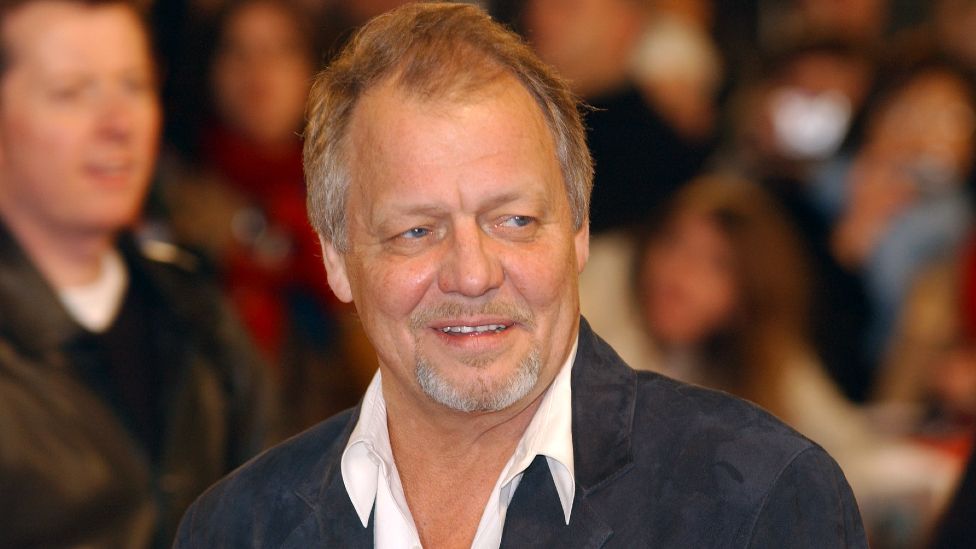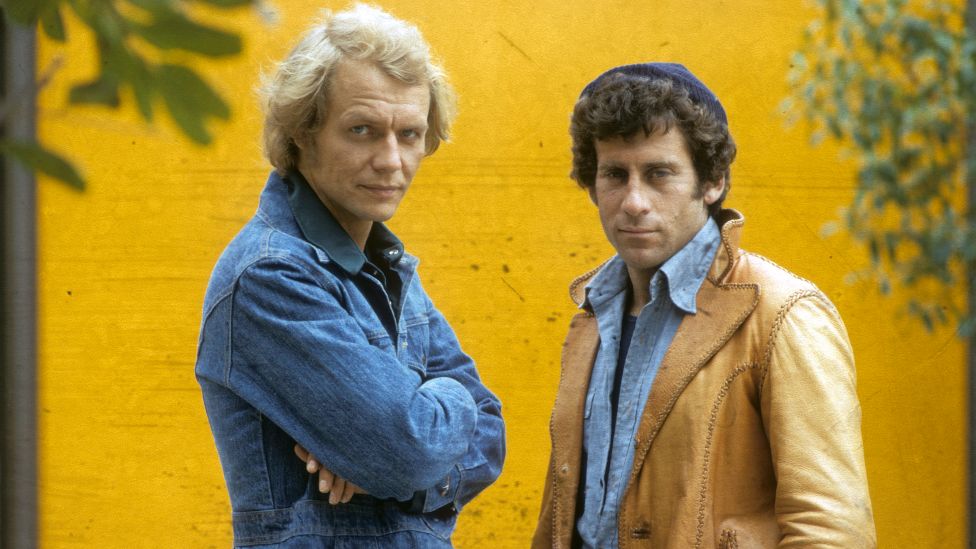
Actor David Soul, best known for his role in the television series Starsky & Hutch, has died at the age of 80.
His wife, Helen Snell said he died on Thursday “after a valiant battle for life in the loving company of family.
“He shared many extraordinary gifts in the world as actor, singer, storyteller, creative artist and dear friend,” she said.
“His smile, laughter and passion for life will be remembered by the many whose lives he has touched.”
The US-born actor was best known for his role as Detective Kenneth “Hutch” Hutchinson in the classic crime-solving series Starsky & Hutch.
He starred opposite Paul Michael Glaser in the series, which ran from 1975 to 1979.
He and Glaser reprised their roles in the 2004 remake Starsky & Hutch, starring Ben Stiller as Starsky and Owen Wilson as Hutch.
Soul was also known for his roles in Here Come The Brides, Magnum Force and The Yellow Rose.
The actor and singer, who was married five times, was jailed in the 1980s for attacking his then wife, Patti Carnel Sherman.

Before he found fame as an actor, Soul started his professional career as a folk singer, warming up audiences for stars like Frank Zappa, the Byrds, and the Lovin’ Spoonful.
He picked up an interest in music as a teenager in Mexico, where his father was a professor at a college for young diplomats.
There, he was befriended by a group of radical students who gave him a guitar and taught him the indigenous songs of Mexico.
Upon his return to the US, he found some success playing those songs around Minneapolis – but it was only when he donned a mask and hid his face that his career really took off.
As “The Covered Man”, he was signed by the William Morris Agency and appeared on the TV talk show circuit, including multiple appearances on the highly-rated Merv Griffin show.
But when he decided to lose the mask and reveal himself, bookings dwindled and he turned to acting instead.
Later, after the success of Starsky & Hutch, he returned to music, putting out four albums of soft rock ballads in the late 1970s.
They produced two UK number one singles, Silver Lady and Don’t Give Up On Us, snapped up by adoring fans of his TV persona.
A New York Times review of his first post-fame concert in 1977 described “camera‐wielding teenage girls charging the stage” amidst “the flicker of hundreds of exploding flashcubes and a continual squealing”.
The fervour ended after his spell in jail and rehab, after which he only recorded one further album – 1997’s self-released Leave a Light On.
Related Topics
- Television
- Film